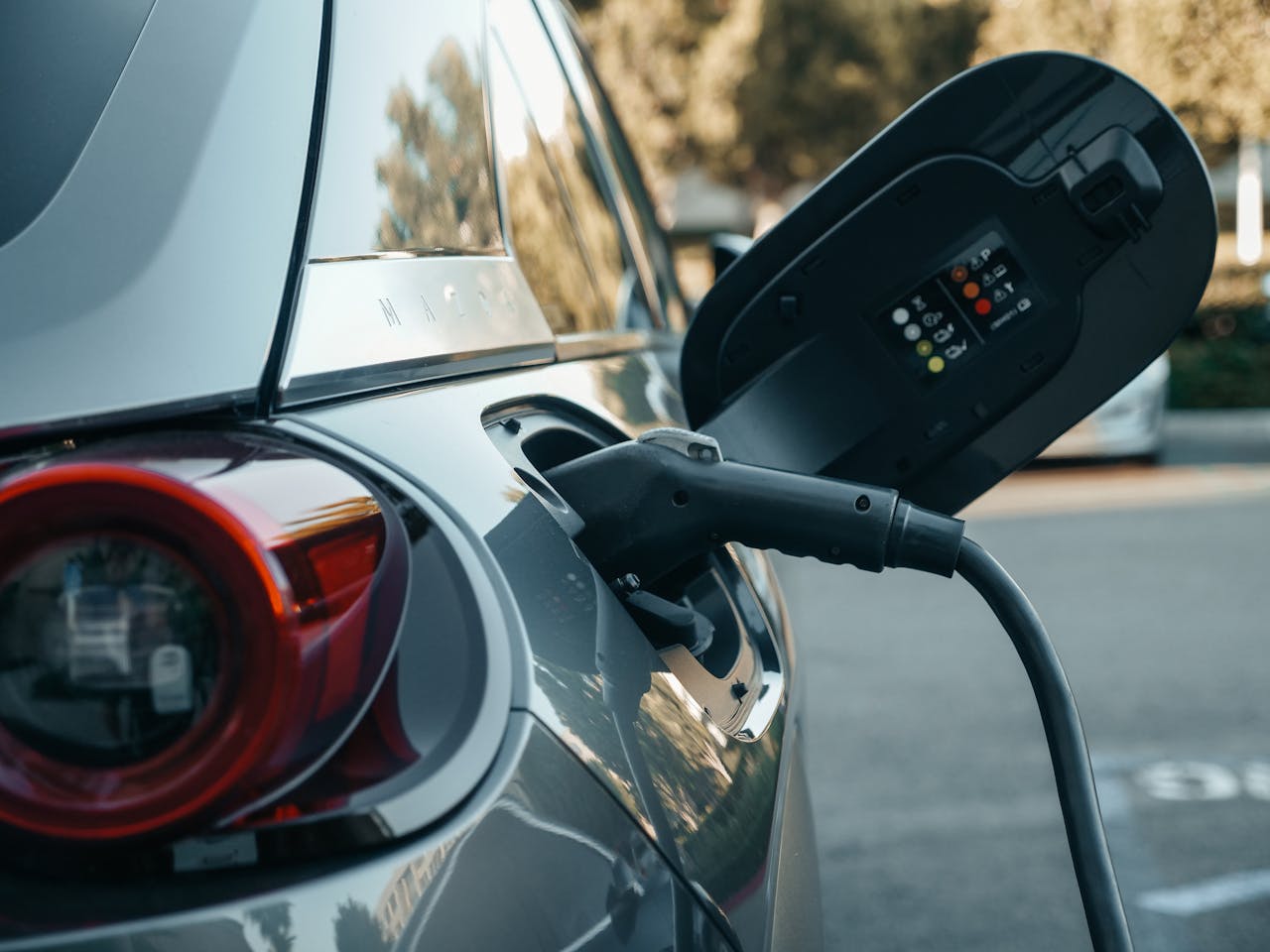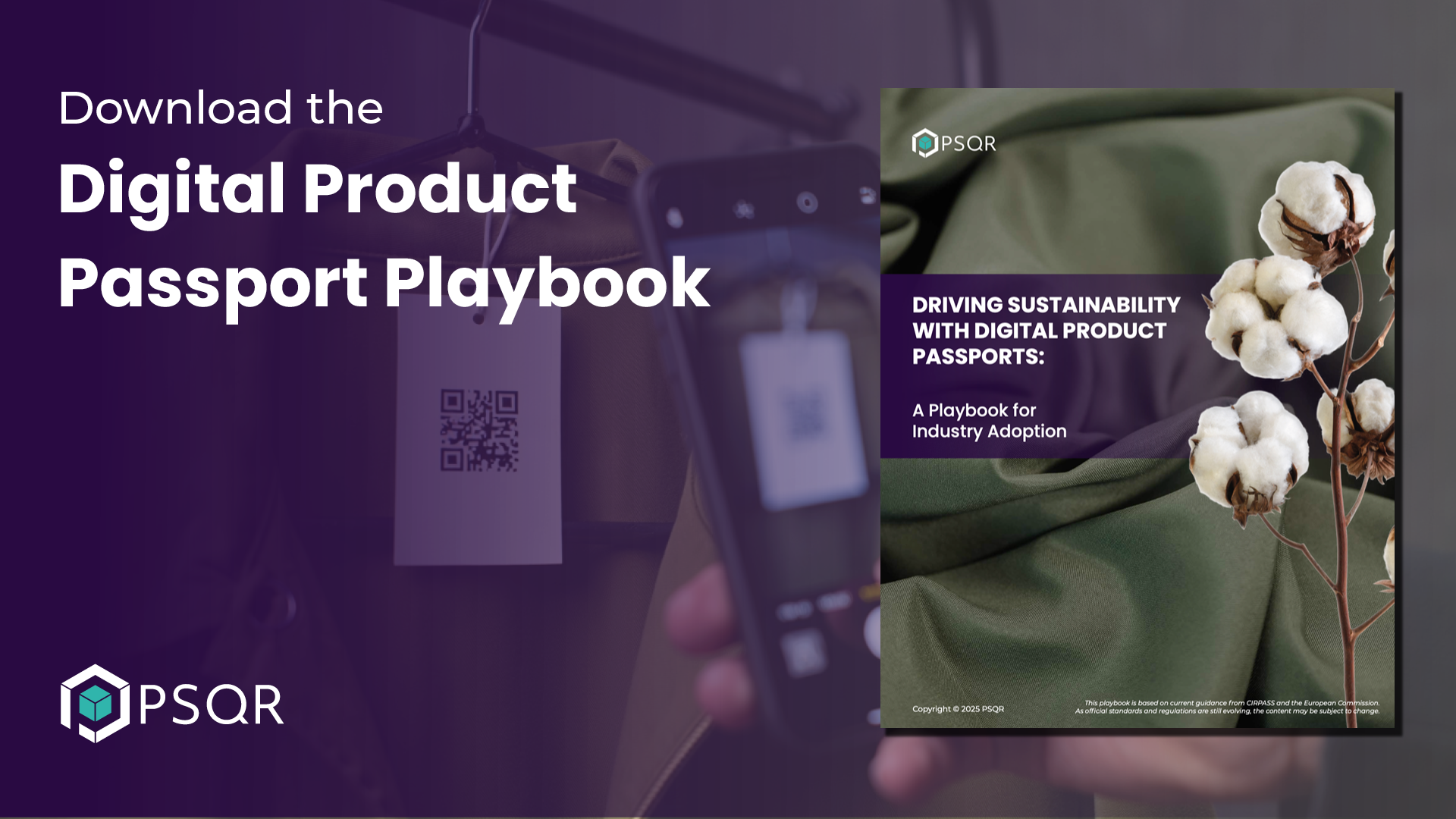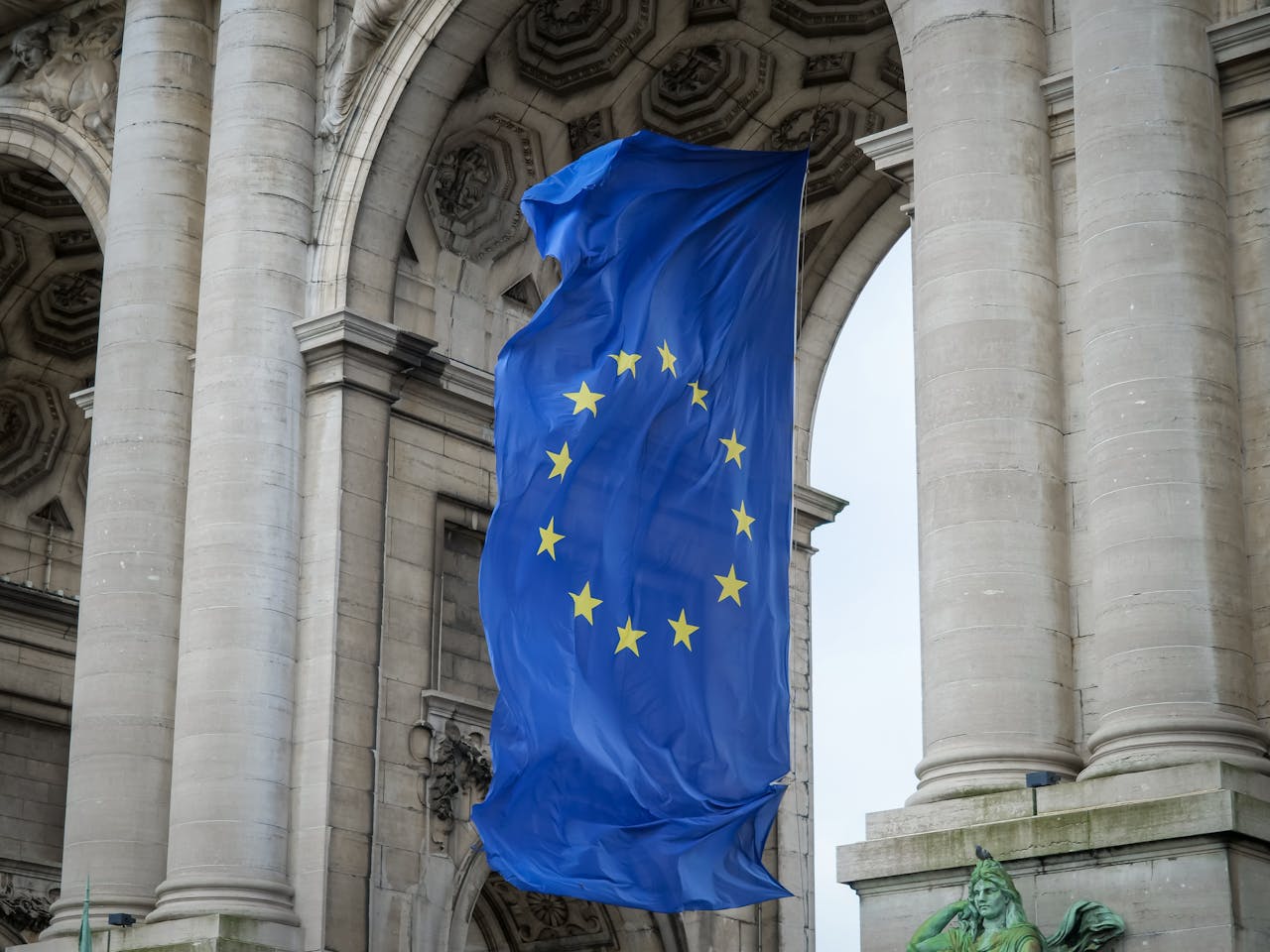On June 28, 2023, the European Parliament and Council officially approved the content of the new regulation for battery passports to improve the traceability and sustainability of electric vehicle (EVs) batteries. This new regulation on batteries and waste batteries is part of the EU’s strategy to achieve carbon neutrality by 2050.
Under the regulation, all batteries placed on the EU market will require a battery passport. The passport includes information on the battery’s environmental impact, origin, and lifecycle.
This information will allow buyers to make more informed decisions about the batteries they purchase and make it easier to recycle and dispose of batteries at the end of their lifespan.
The EU battery passport will also improve safety, as it will include information on the battery’s performance and any safety issues that have been identified. This will help prevent accidents and ensure that batteries are handled safely throughout their lifecycle.
The battery passport regulation is a step towards a more sustainable and transparent battery market. It will improve the safety, traceability, and sustainability of EV batteries and help the EU achieve its climate goals.
Challenges Leading to Sustainable Battery Initiative
As the world transitions towards sustainable energy sources, sustainable batteries are becoming increasingly important for storing and utilising energy.
However, sustainable batteries themselves pose a significant challenge, both in terms of their production and disposal.
Sustainable Battery Production Challenges
One of the biggest challenges with batteries is their reliance on critical raw materials, such as cobalt, nickel, and lithium. These materials are often mined in environmentally sensitive areas, and the extraction process can cause the following:
- Pollution,
- Habitat destruction,
- Human rights abuses.
As the demand for batteries increases, finding ways to reduce raw material extraction’s environmental impact and ensure a stable supply chain is essential.
Battery lifespan and disposal
Another challenge with batteries is their limited lifespan.
After a certain number of charge and discharge cycles, batteries degrade and become less efficient. Eventually, they need to be replaced, and the disposal of used batteries can be challenging.
Batteries contain hazardous materials that can harm the environment and human health if not handled properly.
Recycling batteries can help recover valuable materials and reduce the environmental impact of disposal. However, currently, only a small percentage of batteries are recycled. Sources show that only around 5% of lithium-ion batteries are recycled.

The Solution: the EU Battery Passport
To address these challenges, the European Union is introducing battery passports.
The battery passport is thus a digital document that provides information about the battery’s composition, origin, and life cycle. It aims to improve the traceability and transparency of batteries throughout their lifecycle.
As a result, this information can help consumers make informed decisions about their batteries. Furthermore, it can encourage manufacturers to adopt more sustainable practices.
The battery passport will also help enforce EU regulations on using sustainable materials and recycling targets.
By requiring manufacturers to provide information about the origin of raw materials and the environmental impact of production, the battery passport will incentivise them to adopt more sustainable practices.
It will also help ensure that used batteries are properly recycled, reducing the environmental impact of disposal.
What is a Digital Product Passport for Batteries?
The digital product passport (DPP) is a regulatory framework that aims to increase transparency and sustainability in the production and consumption of products by creating a standardised digital record of a product’s environmental impact throughout its lifecycle.
The DPP for batteries is a specific application of this framework that focuses on battery production, use, and disposal.

The Digital Battery Passport
The European Union (EU) has been leading the way in developing regulations for the DPP, and in December 2019, the European Commission published a proposal for a regulation on the establishment of a framework to facilitate sustainable battery value chains.
This proposal was later updated to achieve its latest form, published in March 2022, containing the structure to obtain sustainable battery lifecycles.
The regulation requires battery manufacturers to provide a digital product passport for each battery they produce. The passport should thus contain information on the following:
- Battery’s composition,
- Production process,
- and environmental impact.
The passport also includes information on the battery’s safety, including risks associated with using certain materials or chemicals in the battery’s production.
The regulation also requires battery manufacturers to use sustainable materials and processes in producing batteries and design batteries that are easy to reuse and recycle. The goal is to reduce the environmental impact of batteries and increase their sustainability.
European and Global Battery Alliance
In addition to the regulation, the EU has established a European Battery Alliance, which brings stakeholders from across the battery value chain to develop a competitive, sustainable, and innovative battery industry in Europe.
The alliance aims to support the development of a sustainable battery ecosystem that can compete with other global battery producers.
Alongside the European Battery Alliance, another alliance has been created. The Global Battery Alliance is a partnership of over 120 businesses, academics, governments, industry actors, and international and non-governmental organisations.
Their vision is to contribute to creating a circular, just and responsible battery supply chain.
PSQR is proud to announce that we have formed a technical partnership with the Global Battery Alliance. We are working together on a sustainable battery value chain and battery passport solution.
What Will Introducing Battery Passports Bring?
Overall, the DPP regulation for batteries aims to increase the sustainability, safety, and transparency of batteries while also promoting innovation and competitiveness in the battery industry.
The implementation of a digital product passport for batteries can have several effects, including:
- Improved transparency: A digital product passport for batteries can provide detailed information on the battery’s composition and the processes used to manufacture it. This can help customers make informed decisions when purchasing batteries and increase transparency in the supply chain.
- Reduced environmental impact: It can help identify environmentally friendly materials and manufacturing processes, producing more sustainable batteries.
- Better recycling: Batteries can be recycled, and a DPP can provide information on the recycling process. Moreover, it can give options for disposal, making it easier to recover valuable materials from used batteries.
- Increased safety: DPPs can also include safety information, such as the risks associated with using certain materials or chemicals in the battery’s production.
Overall, implementing a DPP for batteries can positively impact batteries’:
- Environment,
- Safety,
- And sustainability
while also providing valuable information to consumers and stakeholders.
What Benefits Can Businesses Expect?
Introducing traceability and battery passports in the electric vehicle (EV) industry is expected to bring numerous benefits to EV battery producers.
These initiatives aim to ensure that the materials used in producing EV batteries are ethically sourced and sustainable while also providing consumers with greater transparency and confidence in the products they purchase.
One of the key benefits for EV battery producers is the ability to differentiate themselves in a highly competitive market.
By implementing traceability and battery passports, companies can demonstrate their commitment to sustainability and ethical practices, which is increasingly important to consumers. This can help build brand reputation and increase customer loyalty, leading to increased sales and revenue.
Additionally, traceability can help prevent the use of conflict minerals and other unsustainable materials, which can help reduce legal and reputational risks for companies.
Another benefit of traceability and battery passports is the potential to drive innovation and collaboration within the industry. By sharing data and information about the materials and processes used in battery production, companies can work together to develop more sustainable solutions and drive progress towards a more environmentally friendly and socially responsible industry.
This can also help create new business opportunities and partnerships, further driving growth and profitability for EV battery producers.
If you want to learn more about how PSQR can help you start your traceability journey, please read about our Digital Product Passport solution.
Conclusion
In conclusion, batteries are critical to the transition towards sustainable energy. However, they also pose significant challenges in terms of sustainability.
By introducing battery passports, the European Union aims to:
- Improve the traceability and transparency of batteries,
- Encourage manufacturers to adopt more sustainable practices,
- Ensure the proper disposal and recycling of used batteries.
The battery passport is an essential step towards a more sustainable battery industry and future, and at PSQR, we are happy to help you achieve the best business results.
If you’d like to read more about the Digital Product Passport regulation, please don’t hesitate to check out our DPP eBook.
If you’d like to get an introduction to our traceability solution, please reach out to us.






1 thought on “Battery Passport: A New Initiative For Sustainable Europe ”
Comments are closed.